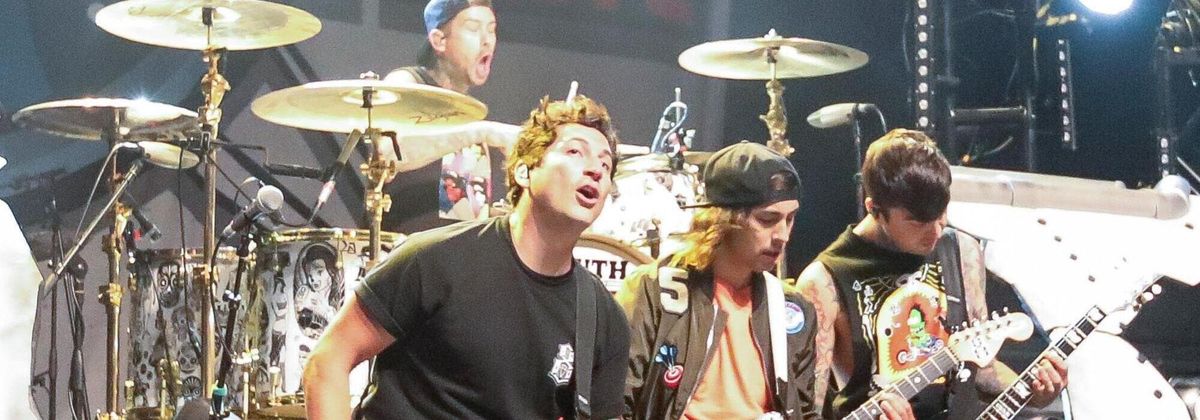
About this Event
Course Description:
This course will explore how to apply digital humanities tools and methods to the study of 16th and 17th century print culture and to early modern studies more generally. Learning how to draw on the full potential of tools like EEBO-TCP and EarlyPrint, we will do hands-on work in fields such as text encoding and analysis, machine learning, and computational bibliography. No coding experience is required, and activities will run the gamut from working directly with early modern archival materials to digital work with no programming at all to working in code notebooks. Topics will include:
- Remediating archival materials into images and machine-readable text
- Working with published metadata and popular databases about the early modern book trade
- Regularizing and normalizing early modern spelling using computers
- Searching and classifying texts within early modern corpora like EEBO-TCP
- Visualizing and analyzing social networks using these corpora
- Modeling early modern book data with computer vision and large language models
Students will leave with a suite of digital research methods as well as a better understanding of the potential research uses of projects like EEBO-TCP, EarlyPrint, the English Broadside Ballad Archive, Tudor Networks of Power, Six Degrees of Francis Bacon, Print & Probability, and more.
Special Scholarships:
Thanks to the generosity of the Folger Institute at the Folger Shakespeare Library, there are five $1,000 grants available to graduate students who are affiliates of . These competitive grants are intended to contribute to costs associated with attending Dream Lab. To apply, send your CV and a 250-word statement explaining your interest in the course and how it will enhance your research agenda to [email protected] by March 3, 2025.
Students at the University of Pennsylvania are not eligible for these scholarships. Penn students should contact Stewart Varner ([email protected]) if they would like to participate.
Instructor:
John Ladd, Ph.D. is an assistant professor in the department of Computing and Information Studies at Washington and Jefferson College. He teaches and researches on the use of data across a wide variety of domains, especially in cultural and humanities contexts, as well as on the histories of information and technology. He has published essays and web projects on humanities data science and cultural analytics, computational bibliography, the history of data, and network analysis.
Event Venue & Nearby Stays
Van Pelt Library, 3420 Walnut Street, Philadelphia, United States
USD 250.00 to USD 450.00












